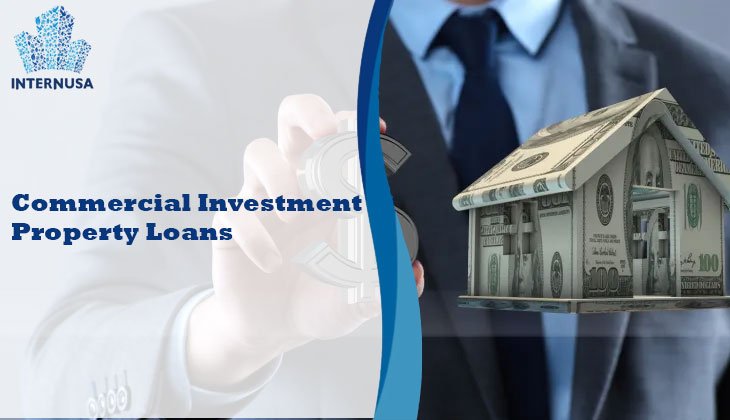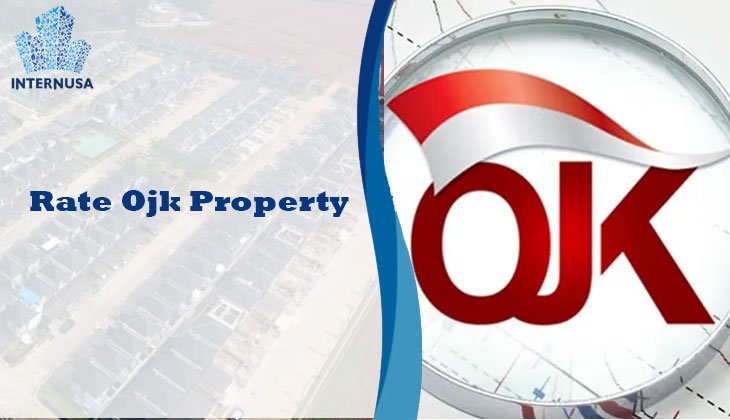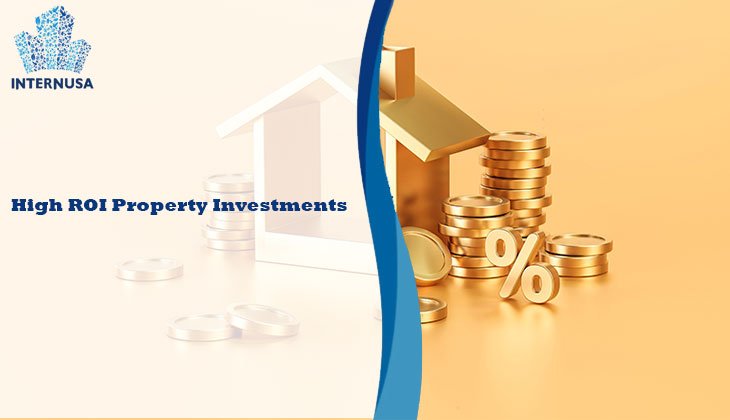Commercial Property Loans for Smart Investors
Commercial investment property loans play a crucial role in the growth of real estate portfolios. Whether you’re a seasoned investor or a business owner aiming to expand, understanding these loans can unlock profitable opportunities. This article explores the fundamentals of commercial loans, the types available, key benefits, and steps to secure one.
What Are Commercial Investment Property Loans?
Commercial investment property loans are financial products specifically designed to fund the purchase or development of income-generating properties. Unlike residential loans, these loans are for commercial assets such as office buildings, retail centers, warehouses, and apartment complexes with more than four units.
Types of Commercial Investment Property Loans
Traditional Commercial Mortgages
These are standard loans provided by banks or credit unions. They typically require strong credit, a solid business history, and a 20–30% down payment.SBA Loans (504 and 7(a))
Offered by the Small Business Administration, SBA loans are ideal for small businesses purchasing real estate for operational use. They offer low interest and long-term financing.Bridge Loans
Short-term solutions used to “bridge” financing gaps. They are useful when an investor needs quick access to funds before securing permanent financing.Hard Money Loans
Provided by private investors or companies, these are high-interest loans based more on the property’s value than the borrower’s creditworthiness. Great for flipping or distressed properties.CMBS Loans (Commercial Mortgage-Backed Securities)
These are loans packaged and sold on the secondary market, offering competitive rates and non-recourse options, but often complex to manage.
Benefits of Commercial Investment Loans
Access to Large Capital
These loans provide the financing needed for substantial real estate investments that may not be possible through personal capital.Equity Building
Over time, property appreciation and loan amortization increase your equity in the property.Income Generation
Commercial properties often produce higher and more stable rental income compared to residential ones.Tax Advantages
Interest, depreciation, and other expenses can often be deducted, lowering overall tax liability.Portfolio Diversification
Investing in various types of properties spreads risk and improves financial resilience.
Key Requirements to Qualify
Qualifying for a commercial property loan is more complex than for residential loans. Here’s what lenders typically look for:
Credit Score
A credit score above 680 is generally preferred. Some private lenders may accept lower scores with strong collateral.Business Financials
Lenders analyze financial statements, profit and loss reports, and cash flow projections.Down Payment
Expect to pay 20%–30% upfront. SBA loans may require less, sometimes as low as 10%.Debt-Service Coverage Ratio (DSCR)
This ratio shows whether the property’s income can cover loan payments. A DSCR above 1.25 is ideal.Collateral
The property itself serves as the main collateral. Additional assets may be required.
Steps to Secure a Commercial Investment Loan
Assess Your Financial Standing
Evaluate your credit, cash reserves, and business performance before applying.Identify the Right Property
Choose a property with good income potential and market demand.Choose the Right Loan Type
Consider your short-term and long-term goals before selecting a financing option.Prepare Documentation
Include tax returns, bank statements, business licenses, and a detailed business plan.Apply and Get Pre-Approved
Work with a bank, credit union, or broker to get pre-approved, giving you negotiation power.Appraisal and Underwriting
Lenders will appraise the property and conduct a thorough financial analysis.Closing the Deal
After approval, sign the loan agreement, transfer funds, and take ownership.
Risks to Consider
Market Volatility
Property values and rental income can decline, affecting ROI.Vacancy and Tenant Turnover
High vacancy can reduce cash flow, especially in specialized commercial properties.Interest Rate Fluctuations
Variable rates can increase your monthly payments unexpectedly.Maintenance Costs
Older buildings may require significant upkeep, reducing profitability.
Tips for Successful Commercial Property Investing
Work with Experienced Professionals
A broker, financial advisor, and real estate attorney can help you navigate complexities.Conduct Thorough Due Diligence
Analyze the local market, future development plans, and zoning regulations.Build Relationships with Lenders
A strong relationship with banks or private lenders can secure better loan terms in the future.Have an Exit Strategy
Whether it’s resale, refinancing, or long-term holding, always plan your exit.
Commercial investment property loans offer a gateway to scaling up your real estate ventures. While they come with more complexity and risk than residential loans, the potential rewards — including passive income, tax benefits, and asset appreciation — make them highly attractive. By understanding the loan types, preparing the necessary documentation, and choosing the right property, you can build a successful commercial investment strategy that pays off in the long term.







